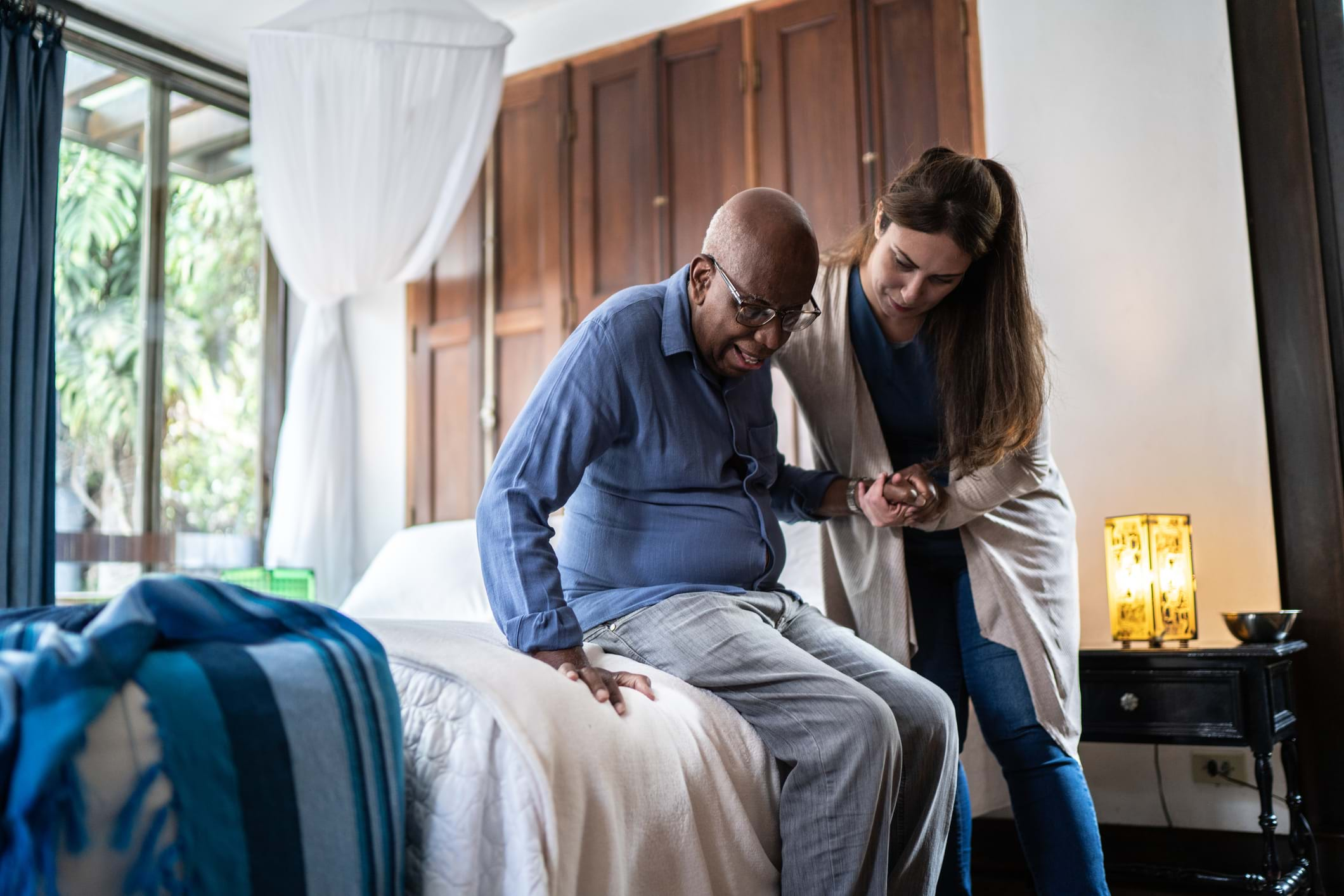The health care landscape is rapidly changing, and what was once an industry focused predominantly on individuals’ physical health has transformed to now encompass caring for the individual’s behavioral and mental health. This change is fueled by emerging risks impacting consumers, such as heightened levels of burnout, increased feelings of depression and longer life expectancy, to name a few.
Our clients in the Health & Human Services (HHS) industry must now tailor care to focus on how physical, mental and social aspects are intrinsically intertwined in the overall wellbeing of all those they interact with. This is no easy task – and solutions to meet this challenge are often not offered by member groups, regulators, carriers or other risk management consultants.
At Graham, we go the extra mile to be valued partners to our clients. That’s why we recently held our Fall Forum: MindWell to empower them with the resources needed to address this change in care. The full-day interactive workshop brought together leaders from a variety of fields to examine the technologies, advancements and approaches that can dramatically improve mental and behavioral health for residents, patients and even the HHS employees who provide care.
Dr. Siddharth Shah, founder and CEO of Greenleaf Integrative, kicked off the day by discussing the responsibility HHS organizations must have to ensure the wellbeing of their helpers, healers and defenders. The mental health of caregivers cannot fall by the wayside, given the increased risk of burnout they face with expanded roles and the emotional involvement that goes into caring for others. HHS facilities should address the specific needs of frontline staff as they directly impact the service provided to residents and patients.
Similarly, audience members were led through mindfulness exercises by Courtney Schulnick, special counsel at Marshall Dennehey, who shared that such practices can be incorporated to the cultures of HHS organizations, ultimately helping to improve employee wellbeing.
Equally important is educating caregivers on approaches that encompass patients’ behavioral and mental health needs – a key theme throughout the forum. Dr. Kurt Miceli, chief medical officer at Elwyn, urged attendees to take a holistic approach to care and provide patient services based on what’s best for the individual rather than for the respective institution.
We also heard from Russell McDaid, principal and owner of WRMc Strategies, who noted behavioral health issues among residents in long-term care settings are becoming more prevalent as life expectancy increases, contributing to greater feelings of loneliness or depression and even suicidal thoughts. As a result, there is new regulatory focus on Trauma Informed Care in nursing homes, which means providers in these settings must be educated on how to care for individuals facing behavioral health challenges.
One of the most fascinating solutions reviewed at the forum was the impact of pharmacogenetics (PGx), shared by executives from Capstone Diagnostics, who provided an overview of their PGx testing service and its application in identifying how a consumer’s body would metabolize a given drug. Often, behavioral and mental health issues are addressed with medication alone, but these medications may be ineffective up to 50 percent of the time if not metabolized correctly in the body. This one-time, non-invasive genetic test is a new best practice that can dramatically and affordably improve outcomes. The testing provides HHS providers with access to data that can help inform the most effective prescriptive path for patients, customized to each individual’s needs and without a lengthy trial-and-error process. Such tailor-made solutions will continue to emerge in the coming years as facilities strive to provide customized care.
By implementing a variety of techniques using a holistic and integrated approach, rather than a one-size-fits-all strategy, HHS organizations can more acutely provide care for each person’s unique needs and efficiently deliver better outcomes. We are happy to do our part to provide clients with the resources they need to succeed in the rapidly changing landscape and to reduce risk within their organizations without disrupting existing operations.
We are extremely grateful to those who joined us at our Fall Forum to discuss this important topic, as well as to all of our speakers, whose expertise made the day incredibly informative.

Philadelphia, PA, 19102
EB.jpg)






